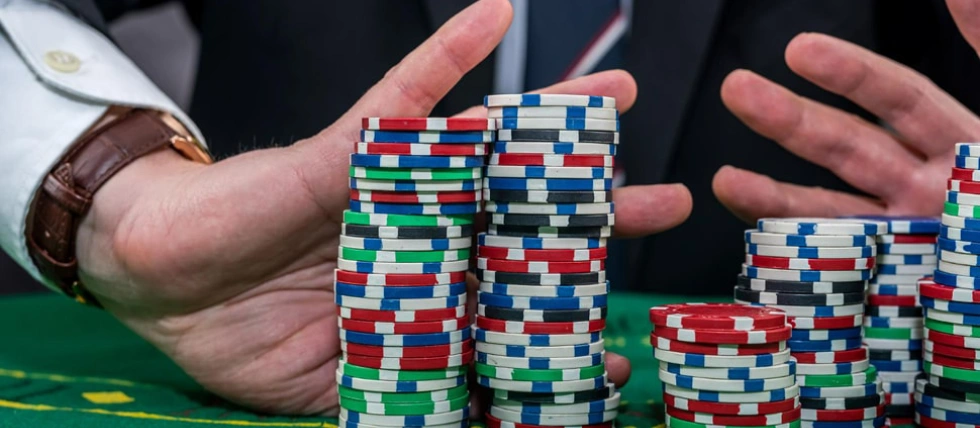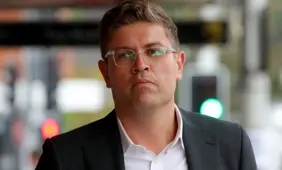Experts Call for Empathy in Gambling Self-Exclusion Programs
The National Council of Legislators from the Gaming States (NCLGS) Summer Meeting in Pittsburgh recently took place over four days at Rivers Casino, and as part of it, there was a session focusing on voluntary self-exclusion (VSE) programs.

Experts say self-excluded gamblers should be treated with empathy.
Experts Call for Compassion
Marlene D. Warner, CEO of the Massachusetts Council on Gaming and Health, spoke about the diversity in reinstatement policies across U.S. states for individuals who have self-excluded from gambling. Rhode Island, for instance, requires therapy sessions before allowing re-entry into gambling. Other states may demand petitions or board appearances, while some have no formal reinstatement process once the exclusion period ends. Warner noted a trend toward more structured reinstatement criteria instead of automatic expiration.
The panel stressed the need for respect and understanding for those opting for self-exclusion, rejecting stigma and punishment. Jennifer Shatley, head of the Responsible Online Gaming Association, underscored the importance of viewing self-exclusion from a mental health perspective. She argued that the focus should be on health and recovery, not on punishment or enforcement.
Warner echoed this sentiment and called for a compassionate response to those seeking self-exclusion. She emphasized that these individuals are reaching out for help and deserve respectful treatment. This supportive approach ensures that interactions are polite and that individuals trying to manage their gambling habits receive the necessary assistance.
More Responsible Gambling News
Voluntary Self-Exclusion a Critical Step Towards Recovery
Statistics show that approximately 3.5% of adults experience gambling problems, making VSE programs crucial for many. However, the rules governing these programs vary widely. Washington State Rep. Shelley Kloba explained that their self-exclusion periods range from one to ten years, with no option for retraction once set. Kloba stressed that she believes choosing self-exclusion is a vital step toward recovery.
Shatley noted that joining a self-exclusion program does not necessarily indicate a gambling addiction. Individuals might opt for self-exclusion for various reasons, such as coping with loss or financial difficulties. She emphasized the importance of not forcing individuals to declare a gambling problem, which might deter them from seeking help.
The panelists agreed on the necessity for different jurisdictions to consider these nuances. This approach ensures that VSE programs are user-friendly and effective. By fostering a supportive rather than judgmental environment, the programs can better assist those they are designed to help, promoting recovery and healthier gambling habits.
RELATED TOPICS: Responsible Gambling
Most Read
Must Read
 Interviews
Interviews
Sweepstakes Casinos: Thriving in an Ever-Changing Industry – Interview with Attorney Stephen C. Piepgrass
Feb 17, 2025 Interviews
Interviews









Review this New Post
Leave a Comment
User Comments
Comments for Experts Call for Empathy in Gambling Self-Exclusion Programs